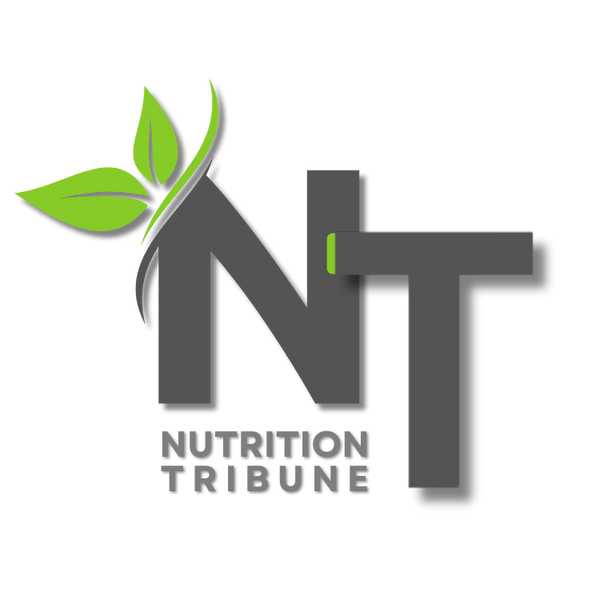Chances are you've probably already heard of the importance of consuming protein after a workout. There is a common belief that without immediate protein your muscles will fail to grow - and may even "go catabolic". This belief comes from something known as the Anabolic Window. Anabolism is the building of muscle tissue (it's more complicated than this - but we're keeping it simple here). Catabolism is the breaking down of muscle tissue. If you want to build bigger muscles then you will want to be in an anabolic state after a workout. The reason you want protein after a workout is that protein is used to build muscle (Anabolism) through a process known as muscle protein synthesis. When you exercise you perform numerous contractions of your muscles, this damages the muscle fibres (known as muscle damage). The damaged muscle fibres are then repaired and strengthened via muscle protein synthesis. A 2012 study by Alan Aragon and Brad Schoenfeld looked into the Anabolic Window to see if an immediate post-exercise protein was required. They found that most studies that had found a "post-exercise anabolic window" had used subjects who had trained in a fasted state
<1>. Meaning that they had not eaten before exercising and that there was no protein in their system. What they concluded was that both pre and post-workout nutrition is important, but so long as the pre-workout nutrition was sufficient (high in protein and carbs) then the need for
immediate post-workout protein was lessened. In fact, they argued that there could be as much as 5 hours between your pre and post workout meals without there being a negative effect on protein synthesis. So far we have highlighted the need for a source of protein in your post-workout nutrition, but what else could you take that would help you improve your results?
Whey Protein
There are many sources of protein out there: meat, dairy, and even vegetables can be a source of it. So why is whey protein so popular? Mainly because it is absorbed into the body quicker than almost any other protein source, this allows the body to start protein synthesis a lot faster. As mentioned before, if you have had sufficient pre-workout protein then this may not be as big of an issue, but it would still be advantageous to take whey. For one thing, whey protein is affordable. You can get 30-40 servings for the same cost as 3-4 servings of steak! It is also easy to carry, quick to prepare, and low calorie. A serving of protein powder will contain between 19-25g protein (depending who you buy from) but almost no fat or carbohydrates. Compare that to a serving of lamb or beef which could contain 180 calories worth of fat alongside similar protein amounts. That's not to say that whey protein is superior to other protein sources, just that it is best-suited as a pre or post-workout drink. It can also help increase your daily protein which as an athlete (you are exercising which makes you an athlete of sorts) is required to be twice as high as a sedentary person's needs
<2>.
Creatine
This supplement is one of the most heavily researched performance enhancers there is. Its effect on performance is well known, particularly when combined with whey protein
<3>. Now there doesn't seem to be too much difference between taking Creatine pre or post workout. However, a study in 2013 by Antonio & Ciccone
<4> found that post-workout Creatine supplementation was
slightly more effective. Practically, this could mean that you take your Creatine and whey
protein powder after a workout to increase protein synthesis and fill the muscles with Creatine for the next workout. But if you decided to take your Creatine pre-workout then there would not be too much difference in results.
Dextrose
If you've been following pro bodybuilders or authorities in fitness you have probably seen them recommend taking a certain type of candy, post workout. The candy recommended (Gummi Bears) are chosen for having a high Dextrose content. The reason for this is that whilst working out your glycogen levels (carbohydrates used to fuel your workout) can run out. Having a highly digestible carb source such as Dextrose can help refuel you quicker. Taking Dextrose will trigger an Insulin release in the body which will help speed up the process of muscle protein synthesis whilst also refuelling your glucose levels. You can buy candy that is high in Dextrose, or alternatively, you can purchase pure Dextrose powder from most supplement companies and add it to your post-workout nutrition routine. The candy is definitely the more enjoyable approach, though! Interestingly a study by Stark
et al found that taking Dextrose pre-workout may be more effective than post
<5>, but as with Creatine, the difference would be minimal.
Conclusion
What you should have taken away from this is that whilst post-workout nutrition is important, it can be replaced with consistent meal times. Having a diet that is high in protein, and timing your workouts to fit between breakfast and lunch or lunch and dinner can save you a fortune in supplements. If you don't have that luxury then the alternative would be to stock up on the three supplements mentioned and get consistent with taking those. Create a post (and pre for that matter) workout ritual that you can perform mindlessly. Buying a massive tub of protein powder but only taking a scoop every 3 workouts is not going to get you bigger or stronger muscles anytime soon. One of the best things to do post-workout has nothing to do with nutrition at all - it's sleep! If you aren't sleeping adequately, or the quality of your sleep is compromised then to a large degree your nutrition will not matter. Concentrate on sleeping well, eating a high protein diet (with loads of vegetables and fruit) and then you can think about more specific tips and tricks.
